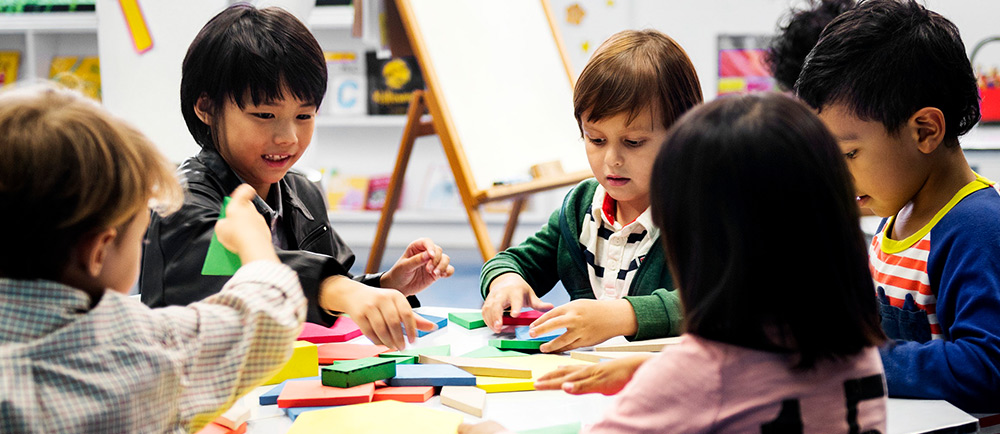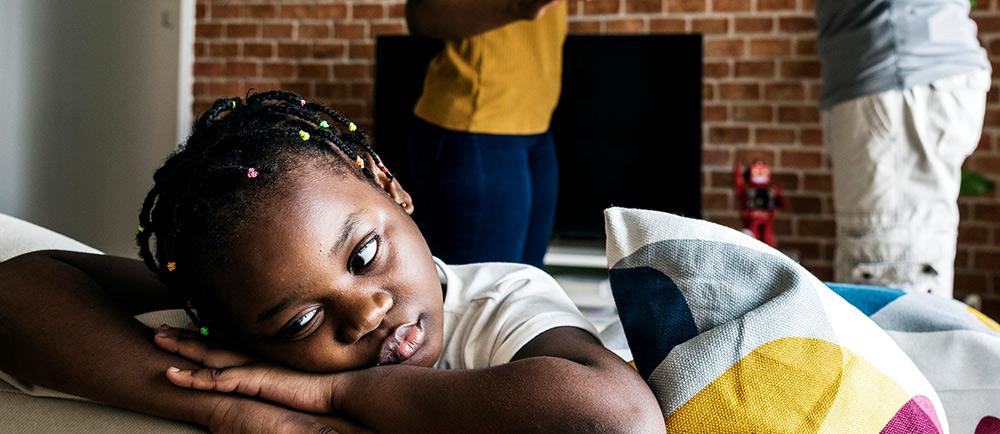Parenting Teens with ADHD
“Shouldn’t my teen have outgrown this by now?” You, along with many other parents, may be wondering why your child hasn’t outgrown his or her difficulties sitting still, thinking of consequences before acting, resisting distractions, organizing daily activities and managing time wisely. People used to think that only young kids had ADHD and that children…
Read MorePreschoolers and ADHD
At times preschoolers may have difficulty paying attention, following directions, and waiting or taking their turn. These behaviors can be common and age appropriate or they may indicate the need for an Attention-Deficit/Hyperactivity Disorder (ADHD) evaluation. As a parent, you might wonder whether your preschooler has ADHD or is just being rambunctious and acting typical…
Read MorePsychosocial Treatments
Psychosocial treatment is a critical part of treatment for attention-deficit/hyperactivity disorder (ADHD) in children and adolescents. The scientific literature, the National Institute of Mental Health and many professional organizations agree that behaviorally oriented psychosocial treatments—also called behavior therapy or behavior modification—and stimulant medication have a solid base of scientific evidence demonstrating their effectiveness. Behavior modification…
Read MoreQuick Facts: School and Home Communication Plan
Collaboration between home and school is especially important for students with ADHD. Begin the school year by talking with your child’s teachers and other school staff to address any concerns. Starting the conversation early is better than waiting until there is a crisis. Share information from the previous school year during these conversations, along with…
Read MoreADHD Toolkit – Diagnosis and Treatment of Children and Teens
For parents and caregivers who are just learning about attention-deficit/hyperactivity disorder (ADHD), this ADHD Toolkit will help you gain a basic understanding of the disorder and its diagnosis and treatment in children and teens. The toolkit includes quick fact sheets, infographics, podcasts, videos, a mini-course, and links to more in-depth articles and resources.
Read MoreSelecting and Applying to Colleges for Students with ADHD
I have ADHD. Should I go to college? If you’re thinking about going to college, know that you’re not alone: as many as 5 of every 100 students entering college have ADHD, and having ADHD doesn’t stop you from making college a success. But before beginning the application process, take some time to think about…
Read MoreSpecific Praise (infographic)
Esta infografía en Español Praise is an effective tool for motivating children, teens, and adults–especially individuals with ADHD and learning disabilities. It is not used enough at home or in our education system, however, research shows that praise is not often used in special education classrooms. It is vital for parents and teachers to give praise…
Read MoreQuestions and Answers
From Ask The Expert Webinar How can I begin to give my high school student more responsibility? Take an assessment of the roles and responsibilities that your child is responsible for and what you as a parent handle. These responsibilities can include waking up in the morning, medication management, finances, laundry, appointment reminders, and more. …
Read MoreScholarships & Financial Aid
Most college students will need financial assistance during their program of study. You should discuss any need for financial aid with the financial office of your prospect college or university. Parents of high school students attending private high schools should also discuss options with their student’s high schools for financial aid. Other Resources: College Funding…
Read MoreSucceeding in College with ADHD
Heading off to college and wondering how you’ll cope with your ADHD symptoms? First, know that you are not alone. Plenty of people who have ADHD or its symptoms have succeeded in college. That includes learning how to deal with issues of time management, emotional and social well-being, focusing in class, doing homework, and taking…
Read MoreCollege and ADHD
The good news is that more and more students with ADHD are attending college in record numbers. In fact, students with hidden disabilities like ADHD are the largest and fastest growing segment of the disabled population on college campuses across the country. For many students with ADHD, college might be a better match than high…
Read MoreAppeals
Appealing a School Decision There are times when a family and school staff do not agree on the services or accommodations a student with a disability needs at school. Federal law provides parents the right to appeal a decision by the school in both special education (IDEA) and Section 504 accommodations for eligible students with…
Read More








